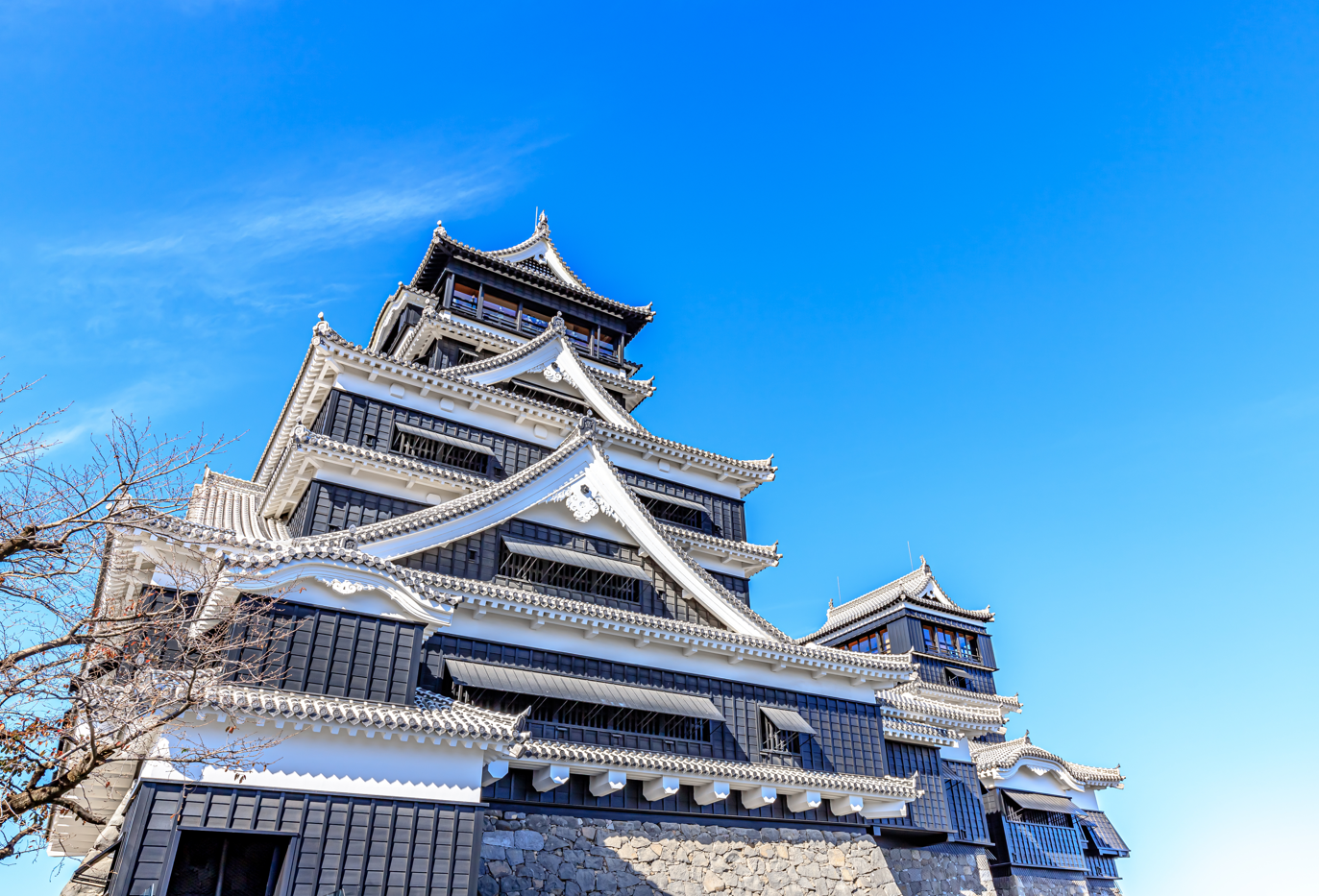
Notes on using a Japanese knife
The sharpness of any kitchen knife always deteriorates as it is used.
Of course, sharpening with a whetstone will bring back the sharpness, but we want to keep the sharpness as long as possible and use knives comfortably every day.
A little ingenuity will help you keep your knives sharp for a long time, so we encourage you to try it.

●Use a cutting board that is gentle to the blade.
The blade of a kitchen knife is always damaged by hitting the cutting board when cutting food.
To prolong the life of the blade, we recommend that you choose a cutting board that is gentle to the blade.
Wooden and rubber cutting boards are relatively soft and less damaging to the blade, making them gentle to the blade.
Please take a look at our detailed page on the characteristics of wooden cutting boards and the various types of cutting boards, including rubber cutting boards, and how to care for them.
Try to avoid using hard plastic cutting boards or cutting boards made of glass or marble, as these can be a major cause of blade crush.
●Use special knives and tools to cut hard foods.
Don't use a knife such as a Gyuto or petit knife for everyday cooking to cut hard foods such as crab shells, large fish bones, or frozen foods.
Instead of damaging them, it may cause chipping of the blade, so please use special knives and tools for this purpose.
●When collecting food on the cutting board, use the back of the knife.
Do you collect the cut food on the cutting board by sliding the blade?
This method may damage the blade as well as the cutting board.
In these situations, please use the back of the knife.
We also recommend using a scraper as a special tool.
●Remove dirt and moisture as soon as possible
Dirt and moisture are the enemies of kitchen knives.
Dirt and moisture, whether on a steel or a stainless-steel knife, if left untreated, can cause rusting, which can result in a battered blade or even a hole in the blade.
The basic rule of knife care is to wash the knife immediately after use and wipe off the water thoroughly with a rag. We hope you will do this every time you use your knife.
If you use knives with a little care, they will last for a long time. Please give it a try.

The cause of a kitchen knife becoming dull.
A kitchen knife can become dull due to salt and acid, even in rust-resistant stainless steel knives. Bleach is particularly harmful as it can corrode the blade. Dishwashers can damage knives, affecting the handle and possibly leading to cracks. It's important to wash knives promptly after use, especially when cutting acidic or salty foods, and to dry them thoroughly to prevent rust and maintain their sharpness.

Things to Know to Become a Pro Knife User
To become proficient with knives, it's crucial to understand that knives are meant for slicing, not hitting. Professional chefs minimize noise by slicing cleanly, avoiding forceful contact with the cutting board. A well-maintained sharp knife doesn't require force, extending its lifespan and preserving its edge. Proper technique, such as slicing onions and scallions without crushing them, can prevent tears. Mastering these skills contributes to culinary precision and efficiency.
